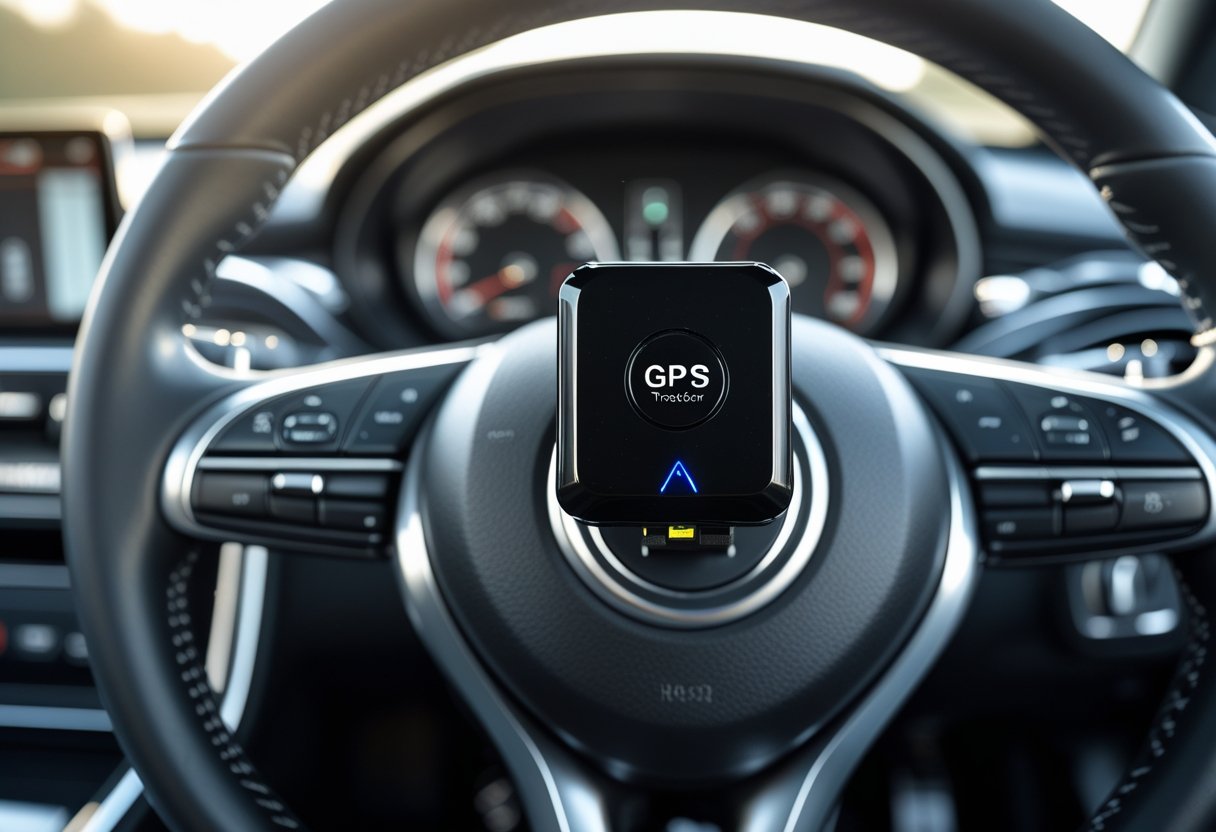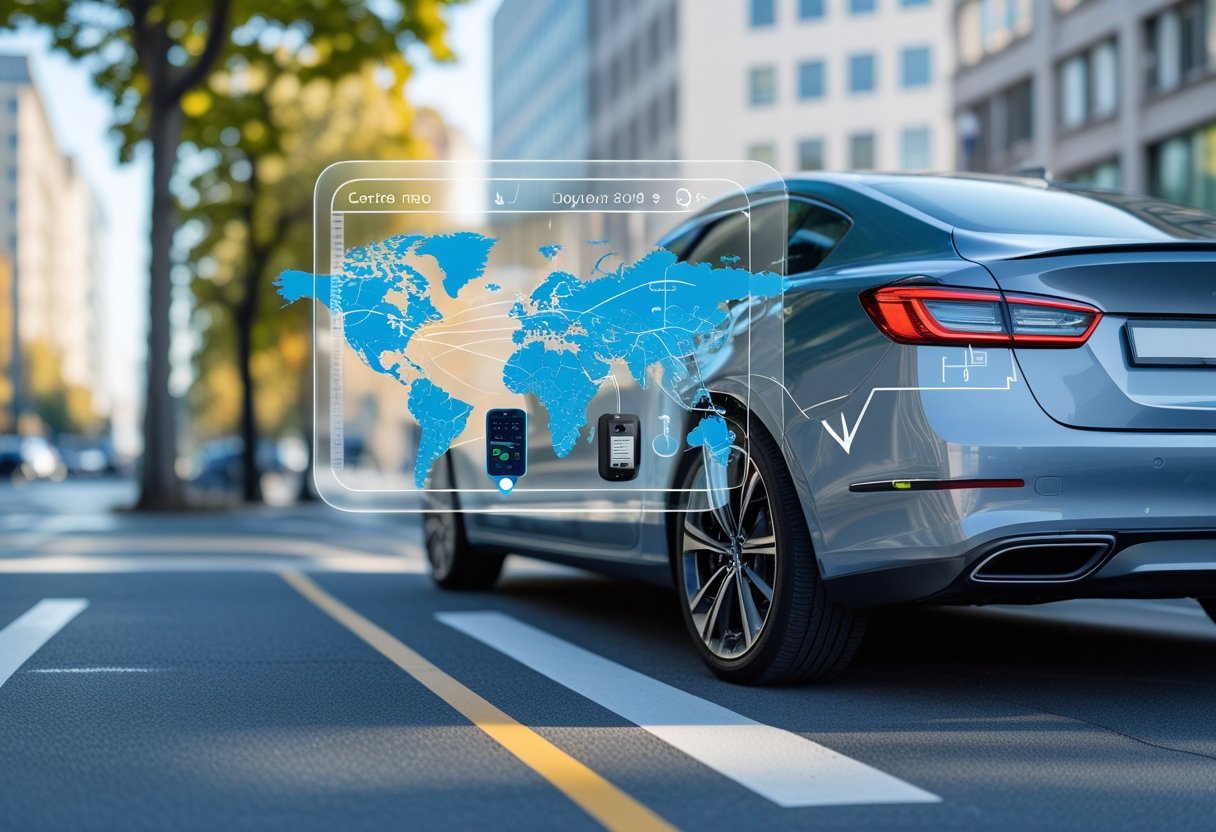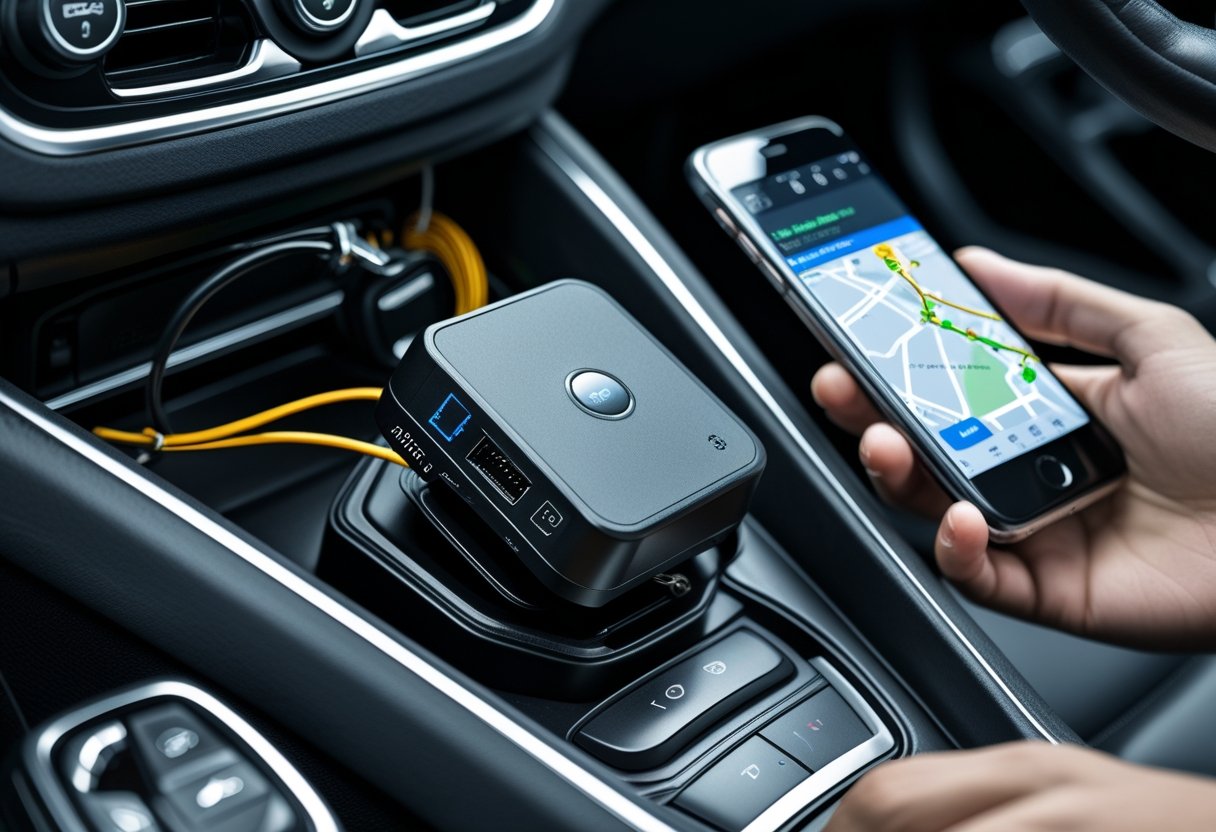How to start saving money
Lorem ipsum dolor sit amet, consectetur adipiscing elit lobortis arcu enim urna adipiscing praesent velit viverra sit semper lorem eu cursus vel hendrerit elementum morbi curabitur etiam nibh justo, lorem aliquet donec sed sit mi dignissim at ante massa mattis.
- Neque sodales ut etiam sit amet nisl purus non tellus orci ac auctor
- Adipiscing elit ut aliquam purus sit amet viverra suspendisse potent
- Mauris commodo quis imperdiet massa tincidunt nunc pulvinar
- Excepteur sint occaecat cupidatat non proident sunt in culpa qui officia
Why it is important to start saving
Vitae congue eu consequat ac felis placerat vestibulum lectus mauris ultrices cursus sit amet dictum sit amet justo donec enim diam porttitor lacus luctus accumsan tortor posuere praesent tristique magna sit amet purus gravida quis blandit turpis.

How much money should I save?
At risus viverra adipiscing at in tellus integer feugiat nisl pretium fusce id velit ut tortor sagittis orci a scelerisque purus semper eget at lectus urna duis convallis. porta nibh venenatis cras sed felis eget neque laoreet suspendisse interdum consectetur libero id faucibus nisl donec pretium vulputate sapien nec sagittis aliquam nunc lobortis mattis aliquam faucibus purus in.
- Neque sodales ut etiam sit amet nisl purus non tellus orci ac auctor
- Adipiscing elit ut aliquam purus sit amet viverra suspendisse potenti
- Mauris commodo quis imperdiet massa tincidunt nunc pulvinar
- Adipiscing elit ut aliquam purus sit amet viverra suspendisse potenti
What percentege of my income should go to savings?
Nisi quis eleifend quam adipiscing vitae aliquet bibendum enim facilisis gravida neque. Velit euismod in pellentesque massa placerat volutpat lacus laoreet non curabitur gravida odio aenean sed adipiscing diam donec adipiscing tristique risus. amet est placerat in egestas erat imperdiet sed euismod nisi.
“Nisi quis eleifend quam adipiscing vitae aliquet bibendum enim facilisis gravida neque velit euismod in pellentesque”
Do you have any comments? Share them with us on social media
Eget lorem dolor sed viverra ipsum nunc aliquet bibendum felis donec et odio pellentesque diam volutpat commodo sed egestas aliquam sem fringilla ut morbi tincidunt augue interdum velit euismod eu tincidunt tortor aliquam nulla facilisi aenean sed adipiscing diam donec adipiscing ut lectus arcu bibendum at varius vel pharetra nibh venenatis cras sed felis eget.
A good car tracker offers reliable real-time location updates, long battery life, and easy installation. These features help keep vehicles secure.
Car trackers are valuable for parents monitoring teen drivers, fleet managers overseeing multiple vehicles, or anyone wanting to protect their car from theft.

The best car trackers combine accuracy, a discreet design, and features like geofencing and alerts. They provide peace of mind without being overly complicated.
Choosing the right device depends on user needs and budget. Consider if features like speed monitoring or historical data are important.
Many leading models in 2025 offer a range of options. Some focus on affordability, while others provide advanced monitoring and security.
Understanding these differences helps users find a tracker that fits their needs.
What Makes a Good Car Tracker

A reliable car GPS tracker delivers accurate, real-time location updates and is easy to use. It should match the user’s needs, whether for security, fleet management, or monitoring teen drivers.
Core Features
Accuracy is critical in a GPS tracking device. The best trackers provide real-time or near-real-time location data, updating every few seconds or minutes.
This lets users know their vehicle’s location instantly. Battery life is also important.
Long-lasting batteries can last weeks or months, reducing the need for frequent charging. Some trackers connect directly to the car’s power supply, eliminating battery concerns.
Other important features include geofencing alerts, which notify owners if a vehicle leaves a set area. Theft detection triggers alarms or notifications.
Data security and encryption protect location information from unauthorized access.
Types of Car Trackers
There are two main types of car GPS trackers: hardwired and portable. Hardwired trackers connect to the vehicle’s electrical system and provide continuous power.
They can also monitor things like ignition status. Portable trackers are smaller and attach magnetically or rest inside the car.
They are easier to install and can be moved between vehicles, but they rely on batteries that need charging or replacing.
Some trackers use cellular connectivity to send data over mobile networks. This allows tracking over long distances but may require a subscription.
Ease of Use
User-friendly software and mobile apps make GPS trackers more effective. Clear interfaces help users view location data, set alerts, and review history easily.
Simple installation is important. Many people prefer plug-and-play devices or magnetic attachments over hardwired models.
Instructions should be clear and easy to follow. Good customer support and software updates help maintain reliable performance.
Compatibility with iOS, Android, and web browsers improves accessibility.
Key Features to Evaluate

A good car tracker should provide precise location data and long battery life. Customizable alerts enhance security and monitoring.
Real-Time Tracking Capabilities
Real-time tracking gives immediate access to a vehicle’s location. Quality trackers update location data every few seconds or minutes, providing live tracking.
Top devices offer GPS accuracy within a few meters. Some use cellular triangulation to improve performance in tough environments.
Live maps are usually accessed through a smartphone app or web portal. Devices with speed alerts can notify users if the vehicle exceeds preset limits.
This is useful for parents or fleet managers concerned about driving habits.
Battery Life Considerations
Battery life affects how practical a tracker is, especially if it’s not hardwired. Rechargeable batteries can last from a few days to several weeks, depending on use.
Some models have power-saving modes that extend battery life when the vehicle is stationary. Wired trackers eliminate battery concerns but need professional installation.
Battery status notifications help users know when to recharge or replace batteries.
Geofencing and Alerts
Geofencing lets users set virtual boundaries around locations. When the vehicle enters or exits these zones, the tracker sends an alert.
Alerts can notify about speeding, movement during certain hours, or tampering. Notifications are sent via app, SMS, or email.
Geofencing is helpful for parents or businesses managing vehicles. It provides quick updates when set rules are broken.
Popular Car Tracker Models
Car GPS trackers offer features like real-time location updates, geofencing, and long battery life. They serve different needs, from basic monitoring to theft prevention and fleet management.
The following models are known for reliability, ease of use, and useful features.
Spytec GL300
The Spytec GL300 is a compact tracker with strong GPS accuracy and easy installation. It provides real-time tracking, updating every few seconds.
The device uses cellular networks to send location data, viewable through a mobile app or web interface. Battery life lasts 2 to 3 weeks, depending on usage.
Users can set up geo-fences and get instant alerts if the vehicle leaves a designated area. Its small size makes it easy to hide for theft prevention.
Vyncs GPS Tracker
The Vyncs GPS Tracker connects to the car’s OBD-II port and provides more than just location data. It offers diagnostics and driving behavior insights like speed and engine health.
Vyncs is powered by the car, so there’s no need to charge it. It supports real-time updates and geofencing.
The subscription covers the U.S. and parts of Canada.
LandAirSea 54
The LandAirSea 54 is a magnetic GPS tracker that attaches to the vehicle’s underbody. It has a strong magnet and weatherproof design.
The tracker updates every few seconds, giving accurate location data. Battery life ranges from 2 to 4 weeks.
It comes with an easy-to-use app featuring geofencing and movement alerts. Its durability and signal reliability make it good for outdoor tracking.
Bouncie GPS Tracker
Bouncie plugs into the OBD-II port and combines vehicle monitoring with family-friendly features. It provides real-time tracking, vehicle health diagnostics, and driver scoring.
Updates happen every 15 seconds while the car is moving. The app includes geo-fencing and alerts for unsafe driving.
Bouncie requires a monthly subscription, which includes roadside assistance and driver tracking tools.
Advanced Tracking and Security Benefits
A good car tracker improves vehicle security with precise monitoring and alerts. It also supports driver safety by tracking behaviors and can connect with roadside assistance for emergencies.
Theft Prevention and Recovery
Car trackers provide real-time GPS data, which helps prevent theft and aids recovery. Geofencing alerts notify owners if a car moves outside set areas.
This early warning can deter thieves or help law enforcement respond quickly. Many trackers use 4G LTE networks for reliable updates.
Some models include tamper alerts if someone tries to disable the device. This increases the chance of recovering a stolen vehicle.
Driver Safety Monitoring
Advanced trackers monitor driving patterns like speed and harsh braking. Speed alerts notify owners if the vehicle goes over set limits.
These features help parents or managers spot risky behavior and encourage safer driving. Many trackers let users access safety reports through their phones.
Roadside Assistance Integration
Some GPS trackers connect with roadside assistance services. If the tracker detects a crash or problem, it can send alerts to service providers or emergency contacts.
This reduces waiting times by sending exact location data. It’s especially useful in remote areas or for frequent travelers.
Choosing the Best GPS Tracker for Cars
Selecting a GPS tracker involves considering device compatibility and installation. It’s also important to understand any subscription or ongoing fees.
These factors affect ease of use, upfront costs, and long-term value.
Compatibility and Installation Types
Compatibility depends on the tracker type. An OBD2 GPS tracker plugs into the vehicle's OBD2 port, making installation simple.
These work for most modern cars and provide vehicle diagnostics. Portable trackers like the Trak-4 GPS tracker use magnets or adhesive mounts.
They can be moved between vehicles and are battery-powered, but need regular charging.
Hardwired trackers require professional installation but provide constant power and are more discreet. Users should ensure the device fits their vehicle and intended use, such as family safety or fleet management.
Subscription Costs and Ongoing Fees
Most GPS trackers require a subscription for real-time tracking, geofencing, and alerts. Fees usually range from $5 to $30 per month, depending on features and data plans.
Some trackers, like PrimeTracking, offer flexible pricing, including no-contract plans. Always check if fees include data usage, mobile app access, and customer support.
Upfront costs vary. Some devices come with prepaid service, while others need a separate subscription.
Innovative Tracking Devices and Future Trends
Car trackers are becoming smaller and more discreet. Manufacturers and third-party providers now integrate tracking technology directly into vehicles for a better user experience.
Mini and Magnetic Trackers
Mini and magnetic GPS trackers are popular for their compact size and easy installation. Devices like the Tracki GPS tracker use strong magnets to attach under a vehicle, making them less visible and harder to remove.
These trackers support real-time location updates through cellular networks. They also offer features like geo-fencing, speed alerts, and movement notifications.
Battery life varies by model, with some lasting several weeks before needing a recharge. This makes them useful for personal vehicles and fleet management where discreet tracking is important.
Mini trackers are also favored by parents who want to monitor new drivers. They are portable and can be moved between vehicles easily, offering flexibility and cost savings.
Integrated Vehicle Solutions
Many modern vehicles now come with integrated tracking systems as part of their telematics packages. These systems combine GPS with sensors that monitor vehicle health, driver behavior, and security.
Motosafety GPS tracker, for example, provides a platform for fleet managers to track driver performance and route efficiency. It also offers detailed location data.
Built-in systems use cellular and cloud connectivity to deliver analytics and remote monitoring. Users can access this information through smartphone apps or web portals.
These solutions usually activate automatically and do not need separate charging. This improves convenience and encourages user engagement.



